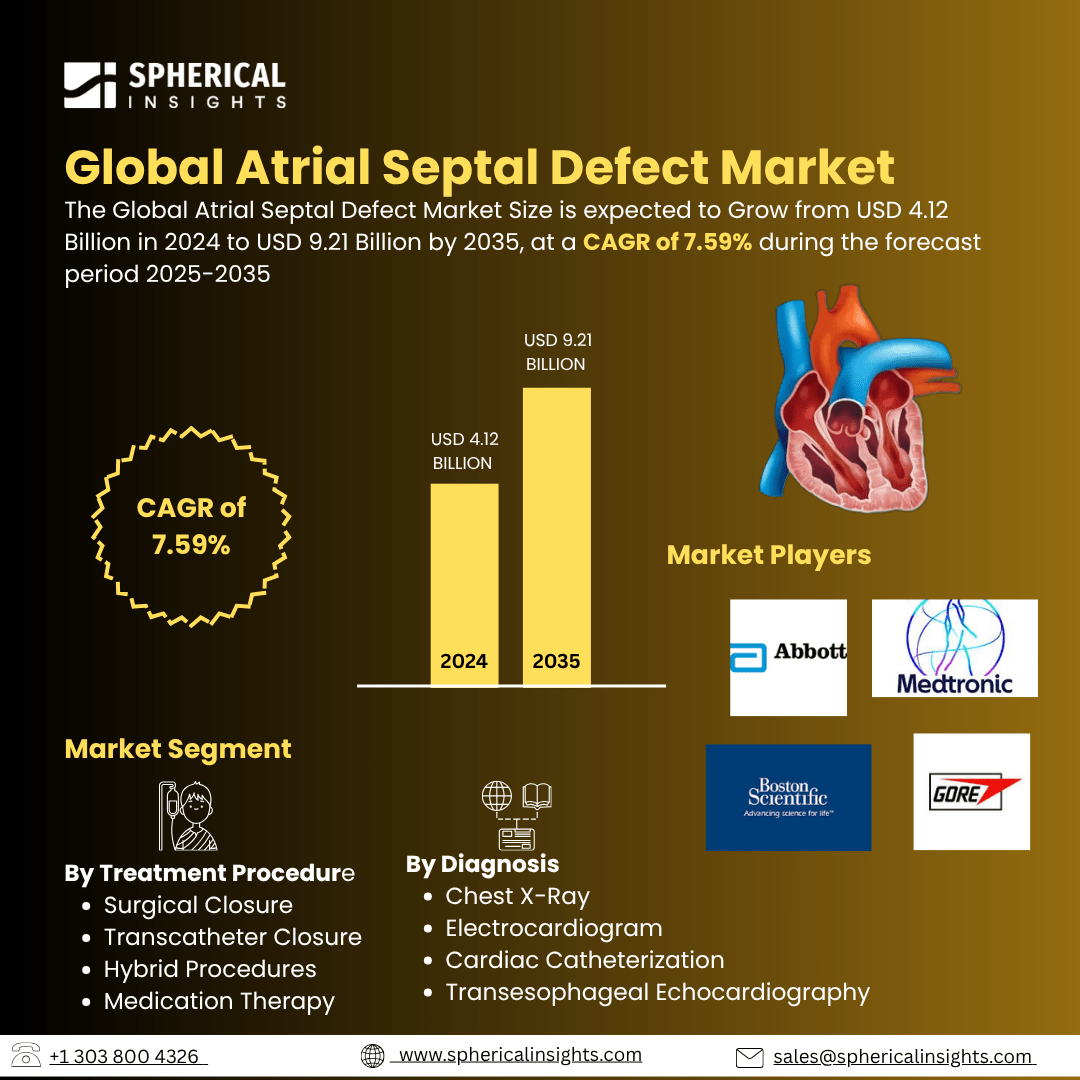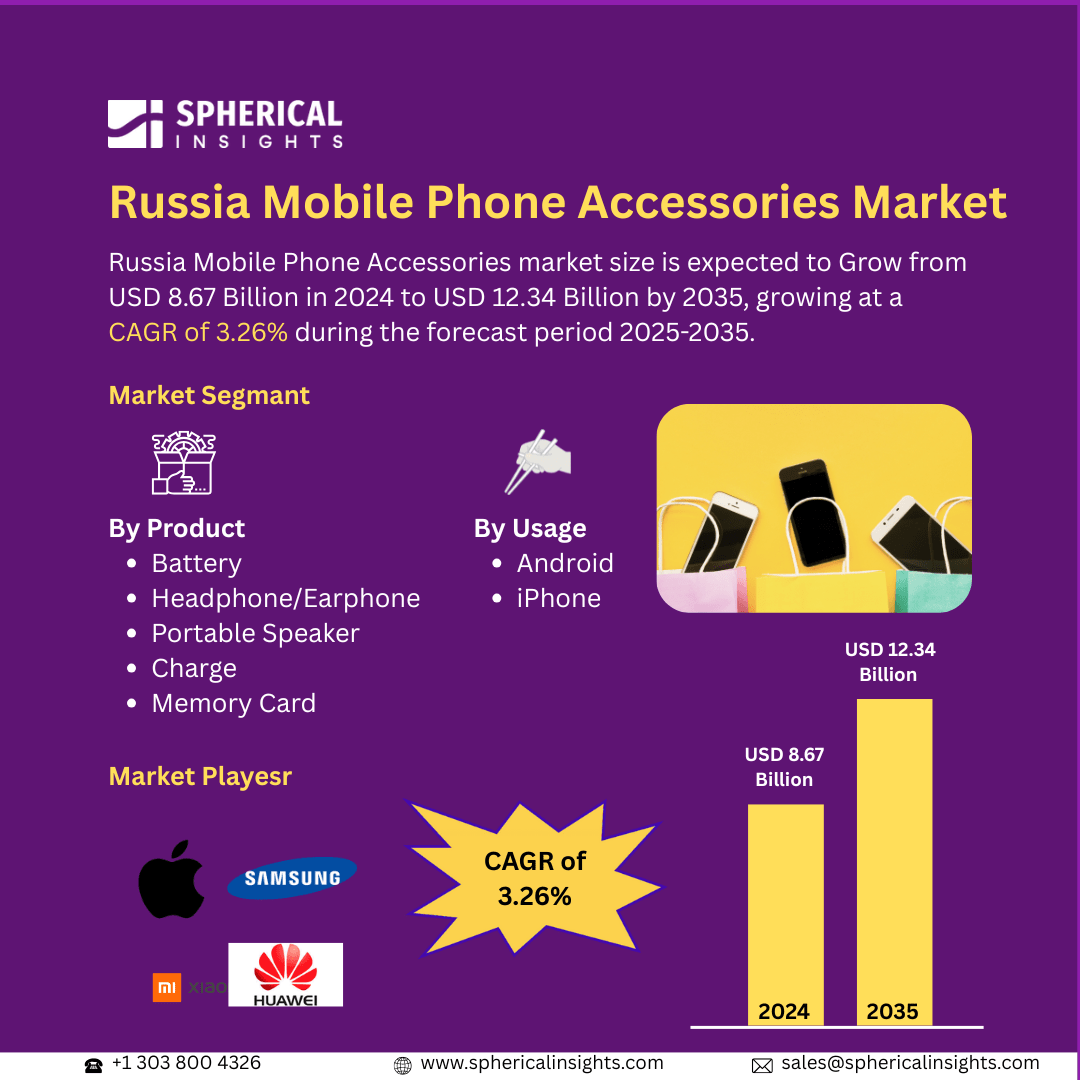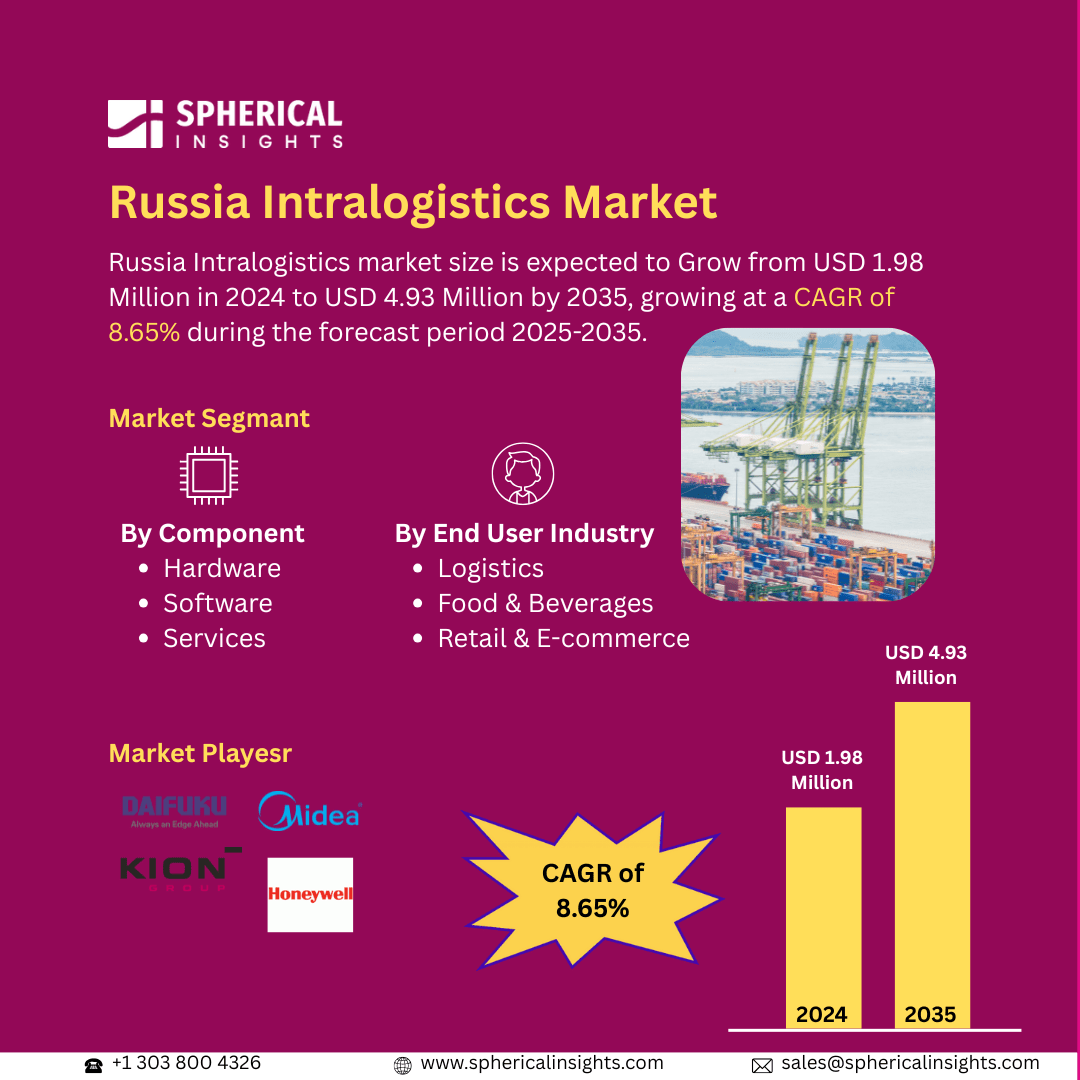- As per Spherical Insights & Consulting, The Global Atrial Septal Defect Market Size is expected to Grow from USD 4.12 Billion in 2024 to USD 9.21 Billion by 2035, at a CAGR of 7.59% during the forecast period 2025-2035, owing to the launch of new therapies in the market and the rise in the number of cases.
- The leading Atrial Septal Defect Market Companies such as Roche, Abbott Laboratories, Medtronic plc, Boston Scientific Corporation, W. L. Gore & Associates, Edwards Lifesciences Corporation, Siemens Healthineers, St. Jude Medical LLC, Cook Medical, Lepu Medical Technology Co. Ltd., MicroPort Scientific Corporation, LifeTech Scientific Corporation, Occlutech Holding AG, Coherex Medical Inc., AtriCure Inc., Biosense Webster Inc., and Others.
-
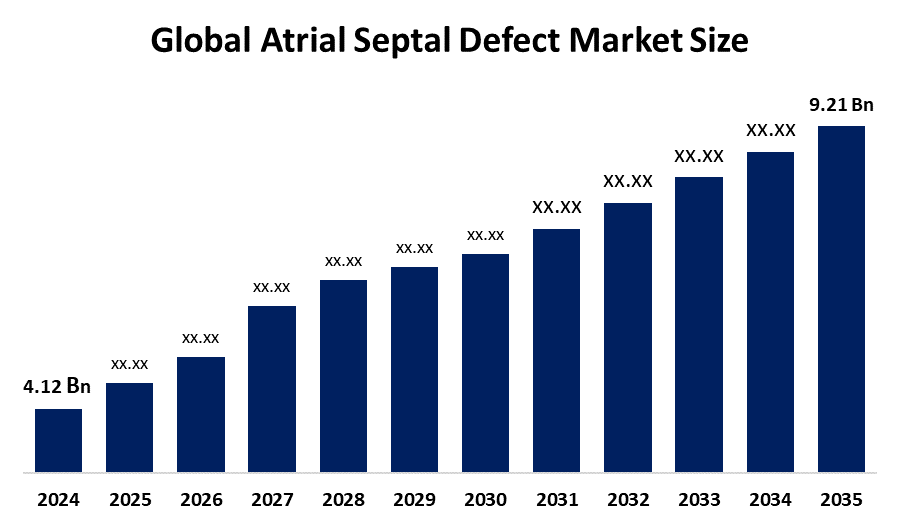
Atrial Septal Defect Treatment Market: Understanding and Treatment Algorithm:
An Atrial Septal Defect is a congenital heart condition characterized by an opening in the wall (septum) between the heart’s two upper chambers (atria). This abnormal opening allows oxygen-rich and oxygen-poor blood to mix, potentially leading to heart enlargement, lung damage, and other complications if left untreated over time.
Atrial Septal Defect Diagnosis:
ASD is diagnosed using imaging and clinical tests such as echocardiography, particularly a transesophageal echocardiogram for detailed views. Additional tools like chest X-rays, electrocardiograms, cardiac catheterization, and pulse oximetry help assess the size of the defect, its location, and impact on heart function and oxygen levels.
Atrial Septal Defect Treatment:
Treatment for ASD depends on the size and severity of the defect. Options include transcatheter device closure, surgical repair for large or complex defects, and medication to manage symptoms like arrhythmias or heart failure. Early diagnosis and intervention can prevent long-term complications and improve quality
Atrial Septal Defect Epidemiology:
The disease epidemiology covered in the report provides historical as well as forecasted epidemiology segmented by Total Diagnosed Incident Population of Atrial Septal Defect, Gender specific Diagnosed Incidence of Atrial Septal Defect, Type specific Diagnosed Incidence of Atrial Septal Defect, Age specific Diagnosed Incidence of Atrial Septal Defect, Diagnosed Incident Population based on Primary Site of Atrial Septal Defect, and Diagnosed Incident Population based on Histologic Classification of Atrial Septal Defect Tumour in the global market covering North America, Europe, Asia-Pacific, Latin America, the Middle East, and Africa from 2024 to 2035.
Principal Insights:
This section offers a global overview of atrial septal defect epidemiology in major markets worldwide.
Country Wise Atrial Septal Defect Multiforme Epidemiology:
- The epidemiology segment provides Atrial Septal Defect prevalence data and findings across key regions worldwide, including North America, Europe (Germany, France, Italy, Spain, and the United Kingdom), Asia-Pacific (including Japan), Latin America, the Middle East, and Africa.
Atrial Septal Defect: Recent Developments:
- In June 2024, atHeart Medical announced it had officially launched operations and initiated its US IDE clinical trial for the reSept ASD Occluder, a novel metal-free bioresorbable-frame device designed to reduce long-term complications and preserve future transseptal treatment options.
Atrial Septal Defect Marketed Drugs:
• Furosemide: Sanofi
Furosemide is a loop diuretic used to manage fluid retention in ASD patients with congestive heart failure. It works by promoting the excretion of excess fluid, reducing pulmonary congestion, and lowering cardiac workload. Commonly prescribed in symptomatic cases, it helps alleviate breathlessness and edema associated with left-to-right shunting in ASD.
• Warfarin: Bristol-Myers Squibb
Warfarin is an oral anticoagulant used in ASD patients post-device closure to prevent thromboembolic complications. Inhibiting vitamin K-dependent clotting factors reduces the risk of stroke and device-related thrombosis. It is typically prescribed for several months after transcatheter closure procedures to support safe healing.
Atrial Septal Defect: Emerging Therapies:
- OccluNova-BioPatch: It is a next-generation biodegradable septal occluder currently in clinical trials for ASD. It promotes natural tissue regrowth while gradually dissolving, minimizing the risks of long-term device complications. The device aims to improve healing outcomes in pediatric patients by eliminating the need for permanent implants.
- CardioAI-EchoDx: It is an AI-powered diagnostic platform designed to assist in ASD detection using real-time echocardiographic imaging. It uses deep learning algorithms to identify septal abnormalities and guide interventional planning, aiming to improve diagnostic accuracy and optimize closure strategies in complex ASD cases.
Atrial Septal Defect Market Outlook:
- The Atrial Septal Defect (ASD) market encompasses diagnostic tools, treatment procedures, and medical devices used to detect and correct abnormal openings in the atrial septum. It includes surgical, transcatheter, and hybrid interventions, primarily targeting pediatric and adult congenital heart disease patients globally.
- Key drivers include rising prevalence of congenital heart diseases, increasing adoption of minimally invasive procedures, technological advancements in cardiac imaging, and growing awareness. Additionally, improved healthcare infrastructure and supportive reimbursement policies have accelerated early diagnosis and treatment, boosting demand for ASD related medical interventions worldwide.
- Emerging economies offer significant growth potential due to improving healthcare systems, increasing investments in pediatric cardiology, and growing awareness. Advancements in catheter-based closure devices and telemedicine integration for remote diagnostics also create new opportunities for manufacturers and service providers in the ASD market landscape.
- Governments worldwide are supporting congenital heart disease treatment through newborn screening programs, healthcare subsidies, and national health insurance schemes. Public private partnerships and funding for pediatric cardiac care centers have further strengthened early diagnosis, accessibility, and affordability of atrial septal defect treatments across multiple regions.
- High cost of advanced treatments and limited access in low resource settings.
- Projected growth is driven by rising patient awareness, early diagnosis, and demand for less invasive treatment options.
Atrial Septal Defect Market Segmentation:
By Treatment Procedure:
- Surgical Closure
- Transcatheter Closure
- Hybrid Procedures
- Medication Therapy
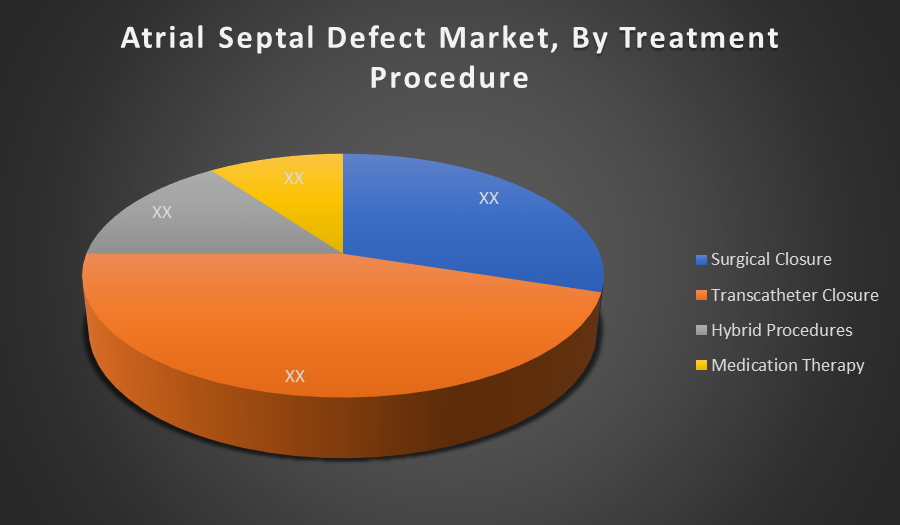
The Transcatheter Closure segment holds the largest share due to its minimally invasive nature, faster recovery times, and lower complication risks compared to open heart surgery. Its increasing adoption in both pediatric and adult patients, along with growing technological advancements, has significantly driven its dominance in the ASD treatment market.
By Diagnosis:
- Chest X-Ray
- Electrocardiogram
- Cardiac Catheterization
- Transesophageal Echocardiography
- Pulse Oximetry
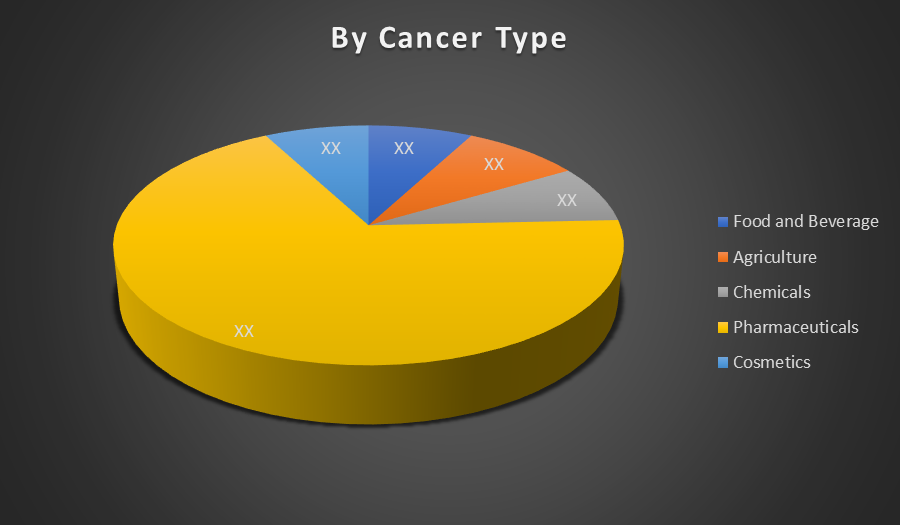
Transesophageal Echocardiography (TEE) dominates the diagnosis segment because of its high accuracy in visualizing atrial septal defects. It offers superior imaging quality, especially for small or complex defects, making it the preferred method among cardiologists for both pre-operative assessment and post-procedural follow-up.
Regional Segment Analysis of the Atrial Septal Defect Market:
North America holds the largest share of the atrial septal defect market due to its advanced healthcare infrastructure, high patient awareness, and widespread availability of minimally invasive treatments. Strong presence of leading medical device companies and favourable reimbursement policies further drive market growth. The region also benefits from extensive research and development activities, enabling the early adoption of innovative technologies for the diagnosis and treatment of congenital heart defects, such as ASD.
Asia-Pacific is the fastest growing region in the atrial septal defect market, driven by rising birth rates, increasing prevalence of congenital heart diseases, and improving healthcare access. Countries like India and China are witnessing a surge in demand for early diagnostic tools and minimally invasive procedures. Growing investments in healthcare infrastructure, coupled with awareness campaigns and government initiatives, are fueling rapid market expansion across both urban and rural parts of the region.
Atrial Septal Defect Market Key Companies:
- Abbott Laboratories
- Medtronic plc
- Boston Scientific Corporation
- W. L. Gore & Associates
- Edwards Lifesciences Corporation
- Siemens Healthineers
- St. Jude Medical LLC
- Cook Medical
- Lepu Medical Technology Co. Ltd.
- MicroPort Scientific Corporation
- LifeTech Scientific Corporation
- Occlutech Holding AG
- Coherex Medical Inc.
- AtriCure Inc.
- Biosense Webster Inc.
- Others
Atrial Septal Defect Therapeutics Market Report Scope:
- The Atrial Septal Defect therapeutics market report provides a detailed overview, covering its causes, symptoms, disease progression, and existing treatment options.
- Detailed insights into Atrial Septal Defect’s epidemiology and therapeutic approaches are included.
- Additionally, a comprehensive review of existing and emerging Atrial Septal Defect therapies is provided, including an evaluation of new treatments expected to influence the current Atrial Septal Defect treatment market landscape.
- The report includes a detailed review of the Atrial Septal Defect therapeutics market, both historical and forecasted, highlighting the global drug reach.
- The Patient-Based Atrial Septal Defect Market Forecasting report offers valuable insights into trends shaping the global Atrial Septal Defect market, helping to develop effective business strategies.
Atrial Septal Defect Treatment Market Report Insights:
- Forecasting Market Trends Based on Patient Data and Disease Rates
- Atrial Septal Defect Therapeutic Approaches in Atrial Septal Defect
- Review Of Drugs in Development for Atrial Septal Defect
- Market, Growth, and Trends in Atrial Septal Defect
- Market Opportunities in Atrial Septal Defect Treatment
- Effects Of Future Therapies on Atrial Septal Defect Treatment.
Atrial Septal Defect Treatment Market Report Key Strengths
- 15 Years Atrial Septal Defect Market Forecast
- Global Coverage
- Atrial Septal Defect Epidemiology Segmentation
- Key Cross Competition
Atrial Septal Defect Treatment Market Report Assessment
- Present Practices in the Atrial Septal Defect Treatment Market
- Review of Investigational Atrial Septal Defect Drugs
- Attractiveness of the Atrial Septal Defect Drug Market
- Atrial Septal Defect Market Drivers
- Atrial Septal Defect Market Barriers
- SWOT
- Attribute Analysis
Market Segment:
This study forecasts revenue at the global, regional, and country levels from 2020 to 2035. Spherical Insights has segmented the atrial septal defect market based on the below-mentioned segments:
Global Atrial Septal Defect Market, By Treatment Procedure
- Surgical Closure
- Transcatheter Closure
- Hybrid Procedures
- Medication Therapy
Global Atrial Septal Defect Market, By Diagnosis
- Chest X-Ray
- Electrocardiogram
- Cardiac Catheterization
- Transesophageal Echocardiography
- Pulse Oximetry
Global Atrial Septal Defect Market, By Regional Analysis
- North America
- Europe
- Germany
- UK
- France
- Italy
- Spain
- Russia
- Rest of Europe
- Asia Pacific
- China
- Japan
- India
- South Korea
- Australia
- Rest of Asia Pacific
- South America
- Brazil
- Argentina
- Rest of South America
- Middle East & Africa
- UAE
- Saudi Arabia
- Qatar
- South Africa
- Rest of the Middle East & Africa
